Respiratory Disease Checklist
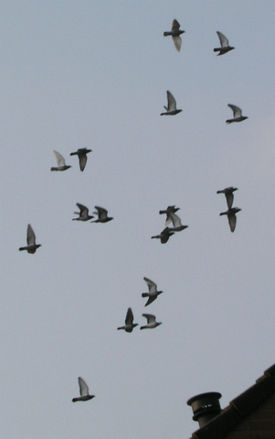 The Common Signs of Respiratory Disease in Racing Pigeons are:
The Common Signs of Respiratory Disease in Racing Pigeons are:
- Panting after flying.
- Sneezing
- Loft flying decreases
- Race losses
- Eye and nostril discharge
- Swollen cere and sinus
- Stretching of neck and swallowing
- Yawning
The top race performance requires perfect health and fitness.
Performance relates directly to the efficiency of the respiratory and circulation systems to provide the dramatic increase in energy requirements for flight. For example, during normal loft flying the pigeon increases its oxygen consumption fifteen fold and when flying into a head wind the oxygen consumption increases by up to 30 times. These massive energy burdens can only be supported by good health and fitness.
A Check List For Respiratory Disease
Examine the nostril
Any discharge appearing at the nostril (be it watery, tacky or snotty) when applying sideways pressure to the wattle reflects a health problem of the nasal cavity.
Check inside the mouth
The nasal cavity connects with the mouth in an area we refer to as the choanal slit. Many fanciers look at this area during the racing season. A narrowing of the “slit” when there is infection of the nasal cavity accurately reflects the inflammation present throughout the upper airways. Obviously, inflammation in this area will affect the heat and water conservation functions of the nasal cavity and lower competitive performance. The converse is also true and I agree with the fanciers, who believe that a fully open “slit” is a sign of a bird in top form.
Panting after exercise
When a respiratory infection inflames the nasal cavity and upper airways the pigeon is less able to control the considerable heat production generated during flight. With certain respiratory infections the first sign noticed is panting after or during exercise. Panting is a mechanism which sheds excess heat rapidly. A fluttering motion in the neck (a form of panting) may also be seen in the overheated pigeon (this is called gular fluttering). Unfortunately both water and heat are lost with panting.
I often see panting when training birds land after a short toss. These birds are healthy but not yet in top condition or are in the moult and have short flights. Because panting is a mechanism to alleviate overheating, we see it in exercising birds on hot days. When panting is noticed within the loft on very hot days efforts to cool the loft must be taken. Special attention to temperature control within the transporters is essential for the health of the race birds.
We also see panting in unfit birds exercising early in the morning, late evenings or tightly around the loft. It is important for the fancier to differentiate between panting in the healthy pigeon and that caused by respiratory infections.
Respiratory disease involving both the lungs and airsac systems seriously impairs flying performance not only because of the failure of the oxygen delivery system but because the energy systems (liver, muscle etc) are also affected. Disease of the airsac system alone reduces performance because both the delivery of oxygen and the removal of waste products are impaired. The resultant cramping muscles make it impossible for the pigeon to fly.
Also see Panting in Racing Pigeons
Respiratory Disease Checklist by Dr. Rob Marshall
The Leading Online Pigeon Racing and Racing Pigeons Magazine – The Pigeon Insider

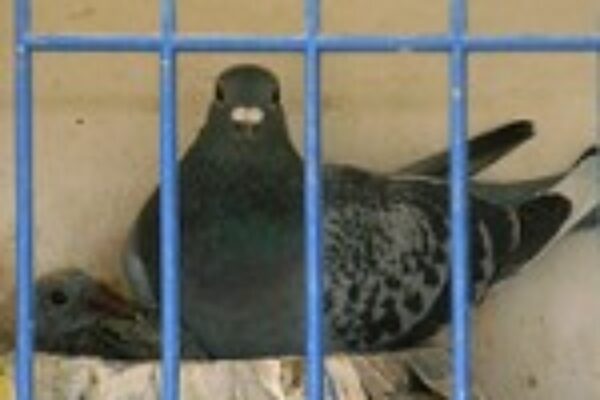
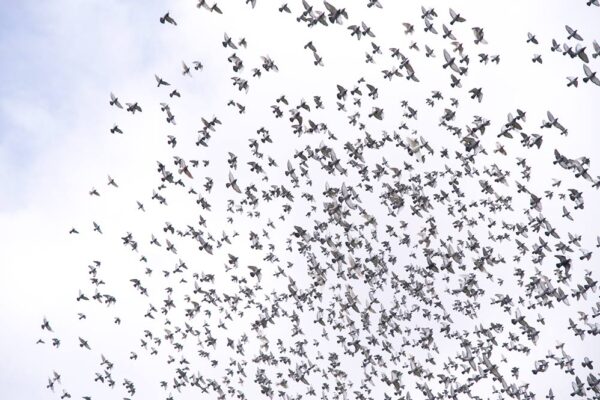
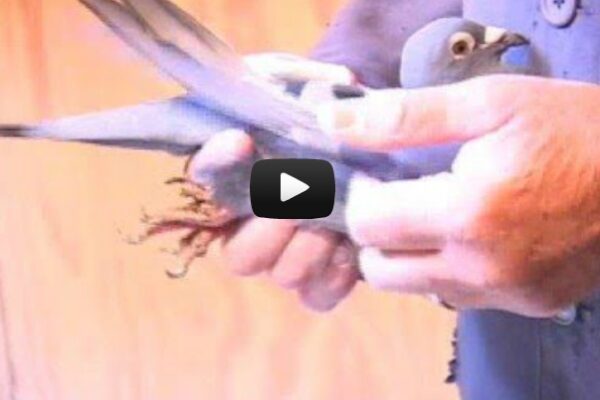
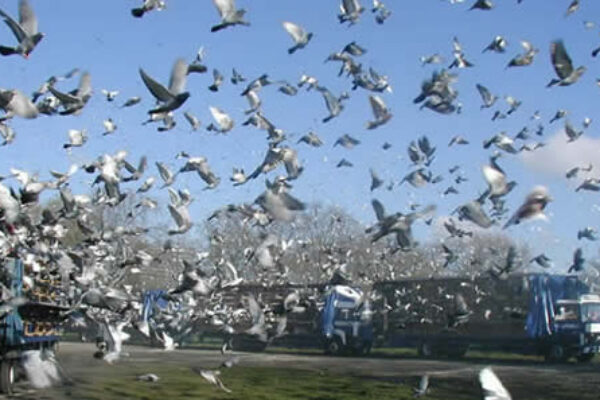
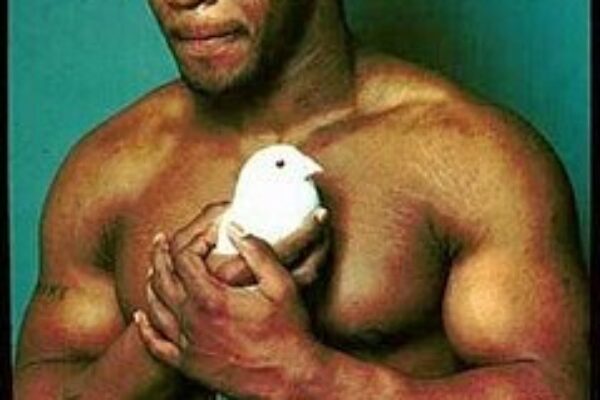
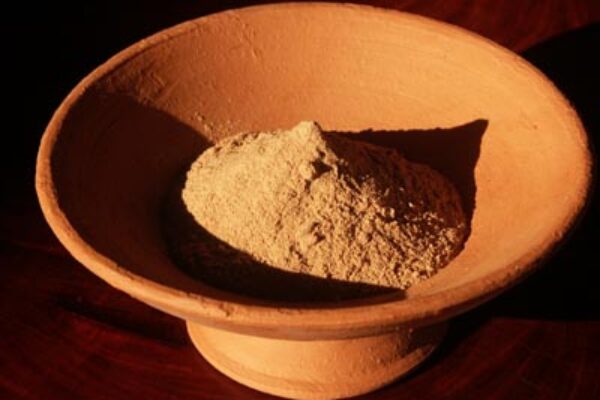
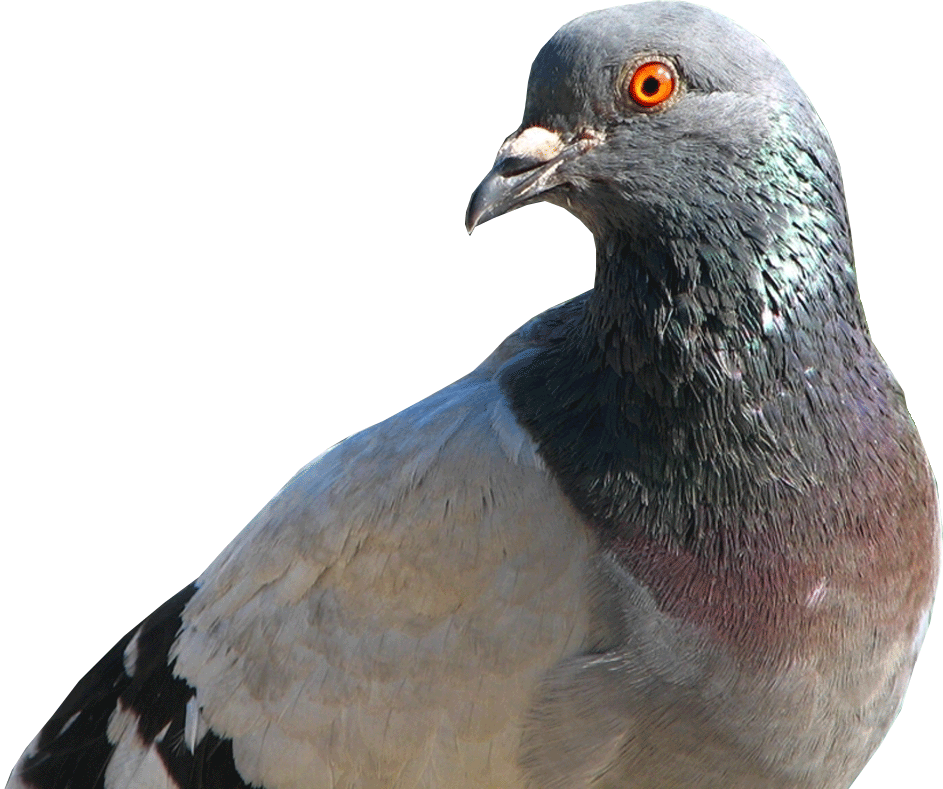
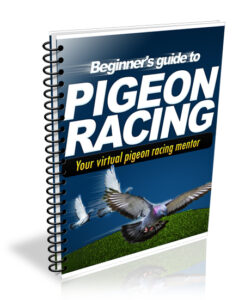
Very good topic Chris,another thing to consider is the number of birds in your loft.folks we need to keep quality birds not qunatity.The fewer good birds we have the better your loft as a whole will perform, and you will enjoy it more.It seems we have gotten out of that habbit, with over stocking the flying loft.
terry
good day sir, I AM A NEW PIGEON FANCIER SEARCHING ON HOW TO IMPROVE THE PERFORMANCE OF MY RACING PIGEON ON RACE SEASON ,PLEASE TEACH ME THE SCHEDULE AND TIMING OF GIVING VITAMINE AND WHAT VITAMINE KIND I GIVE TO MY PIGEON, I HOPING YOU KIND HELP ME THANK YOU ,GOD BLESS YOUR GOOD OFFICE
I use a product called Red Cell that is a vitamin made for horses. It is used widely in racing pigeon Health here in the USA. I start the birds that are going to be training on it on a once a week program and try to give it to them when they come back from a long toss. It can be used both in the water or in the feed, but I prefere the water. I use a capfull (apx 1tablespoon full) in a gallon of water and change out the waterer the next morning. You can overdose the birds on vitamins though so do not over use the product. Hope this helps you out.
God Bless, Lee
Steps to take when this has been discovered would be a big improvement on this most informative article.
I appreciate the article on the signs of respiratory illness. But what would be even more helpful is continuing the article by explaining how to prevent such problems and how to treat them once you find them in your loft.
Thanks
This is just awsome…who ever started this hatsoff for d effort.
cheers
The Devil you say. yes i would. E-Mail me at [email protected]. so Rafferty, in Dublin’s fair city are the Girls really Prity? My dear old mother god bless her soul came from County Cork and a finer, kinder woman i never knew! now my wife on the other hand may not be the Devil himself but she is a dame close realation!
Hi there
I have an bit of an write up done on a newly formed club here in Dublin (Ireland).
If I were to forward it and some photos of the night to you would you be interested in putting them on your site.
Yours in sport
Liam Rafferty
One needs to keep the loft clean. Pigion Crap when lift to build up houses bacteria in it that not only effects the birds respertori systems but us humans also and particually when you a senior citizen who are more prone to get illfrom breathing it in. if your a smoker your not only a NET-Wit but your really wide open to suffering from inhailing Pigion Cap Duct and if your smoking in the loft your hurting the Birds! My brother who races his birds uses sand on the floor like one would use in a cat litter box and he places morth balls in old womans stocking and hangs them on the inside of his loft to keep Ticks away. for mice he uses liguied Mint on gotten balls beleive it or not it repels Nice and rodents and he places that in and around is loft. he uses a cap of clorox in thier water and he mixes norwegian cod liver oil in with thier feed. he trrets his birds very good but he does so in a proven and practicle manor.
I agree with everything with one exception. You must have missed the last artical on bleech in the water and what it does to the birds over a period of time especially if it is being used as a preventive. He is slowely killing his birds by poisioning them with the chlorox, and not only that but it kills off all the good and bad baceria in the guteral of the birds. If he must use a preventive then tell him to use a good Apple Cider Vinagar in the water as it will still kill off the bad bacteria but will not kill off the good bacteria in the guretal of the birds and will not poision them over a period of time.
God Bless, Lee
Thanks Becky for explaining, ANG you can also check out the article titled “Panting in Racing Pigeons” http://pigeonracingpigeon.com/2009/12/20/panting-in-racing-pigeons/
THIS IS A VERY GOOD HEALTH INFORMATION ABOUT PIGEONS
THANK YOU VERY MUCH.CAN YOU PLEASE EXPLAN WHAT PANTING MEANS?
I HAVE BEN IN PIGEON FOR A LONG TIME AND NEVER HEARD IT BEFORE
THANK VERY MUCH
ANG
Panting pigeons will look much like a dog when they are too hot. They’ll breath with their beak open, and you can usually see the throat moving with every breath. Doesn’t necessarily mean a sick bird, it can just mean a bird is out of shape and hasn’t had enough exercise prior to that day. And of course, if it is very hot outside. But if the rest of the flock looks fine and you have one or two panters, you should definitely check them out.
Hi,
Becky is right. Its all about the weight of your birds and the amount of exercise you allow to them. I always agreed to a Old statement that These birds have lots of time but being a fancier we hv a other commitments in life. So its all about the time you spend with your birds. The Simple and easier way to detect and understand about their health issue.